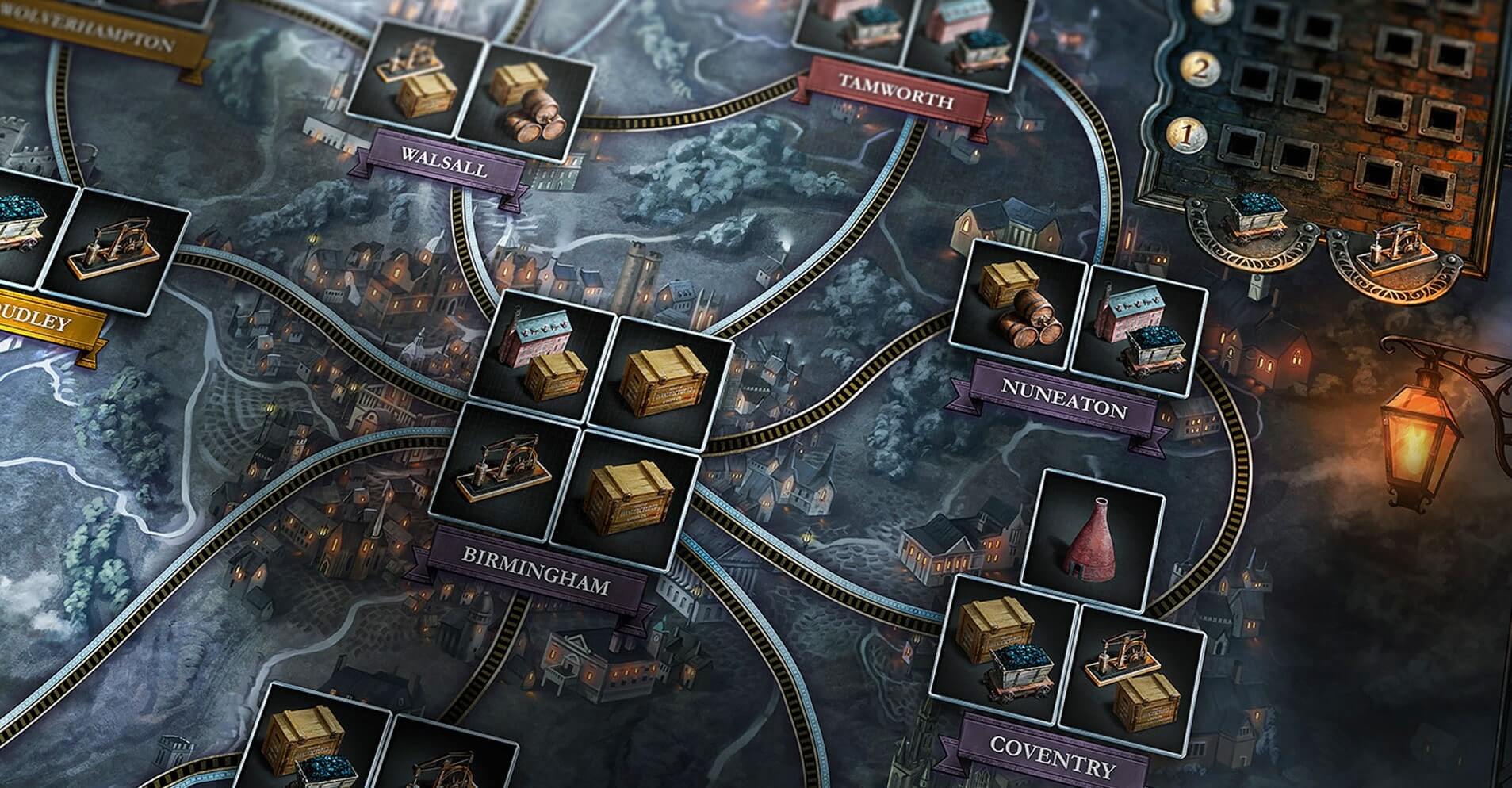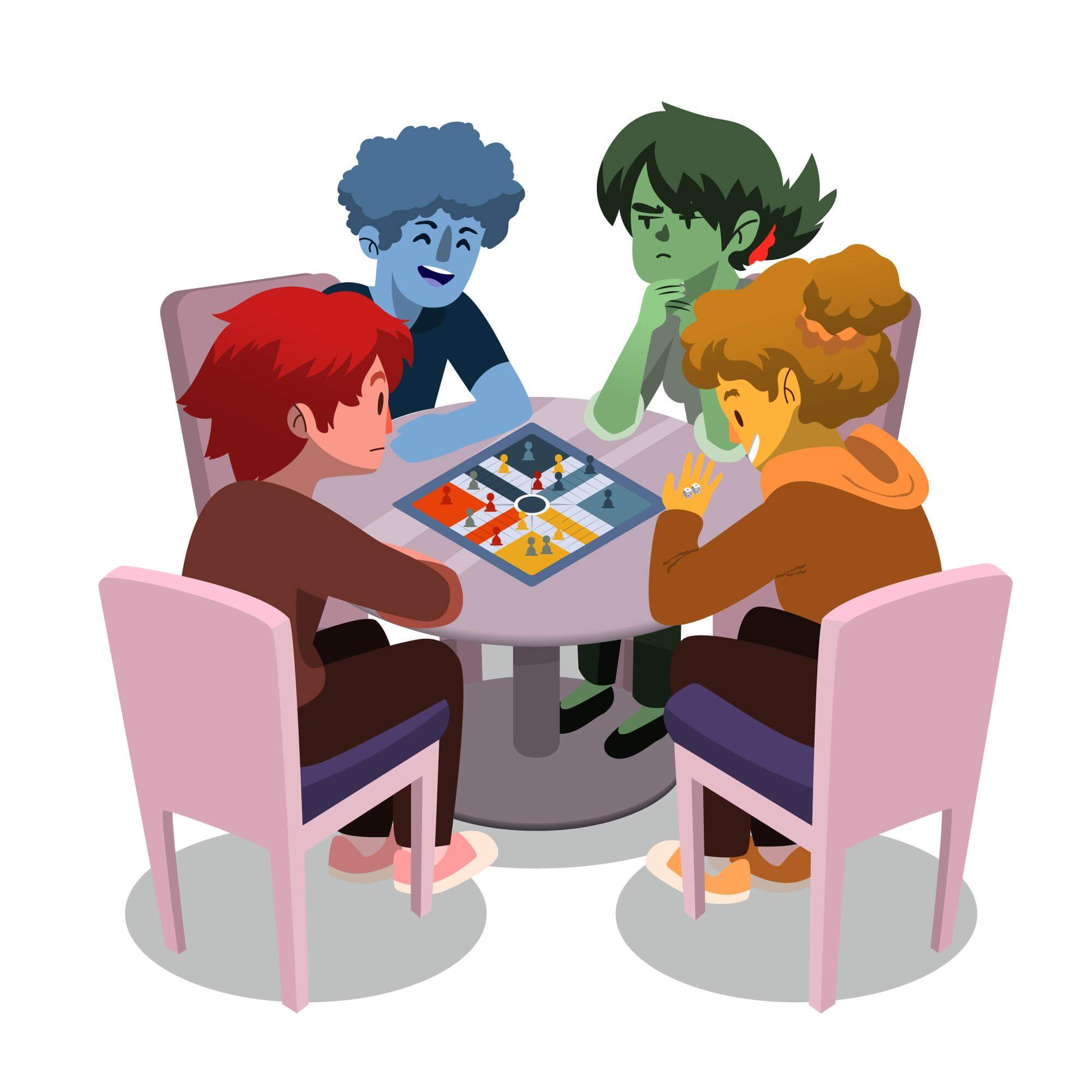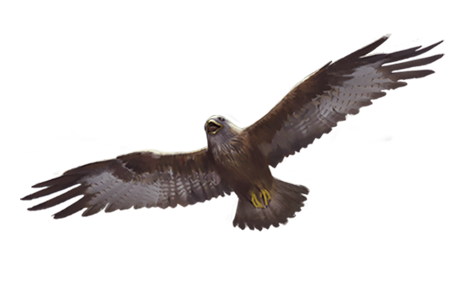One of the most interesting and engaging mechanics used in various gaming platforms is called “King of the Hill”. This mechanic originates from a children’s game played many decades ago. The object of the game was for a single player to reach the top of a designated hill. Whoever stands on top of the hill is named “king”. Rival players try to remove the player from the hill by pushing and shoving so that they could become the new king. Whoever is the king at the end of the game is declared the winner.
Many variants of this game have been implemented in different sports, like paintball or airsoft, as well as different shooter and platform video games. Board games are no exception, many of them have taken advantage of this mechanic.
When playing a king of the hill game, the stakes are high, because the king is taking advantage of a benefit, either ongoing or at the end of the game, and all rivals are trying to pull down the king and become the new one. So, the pressure is on as no one has the time to take a break.
Here, I’ve collected a list of some of the best board games that utilize the king of the hill mechanic in the best way;
1. Twilight Imperium
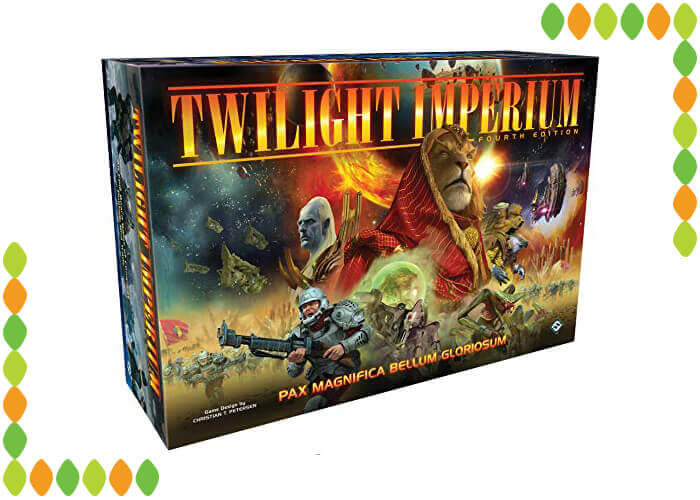
As I’ve mentioned many times before, Twilight Imperium is my favorite board game of all. It’s one the biggest and longest games I’ve had the pleasure of playing many times. In Twilight Imperium, players are different races of aliens across the galaxy and compete with each other over military and political control of the galaxy.
In this game, players travel the galaxy to inhabit different planets and collect their resources to build ships, develop technology, and fight their opponents. The first player to reach 10 points is the winner (or 14 in a longer game).
There are three ways players can gain points; completing public objectives, completing secret objectives, and using the Imperial strategy tile. (There are some exceptions where players can get points from action or agenda cards.)
Because players can only fulfill one objective of each type in a round, victory points are scarce and valuable. That’s why it’s important to try and get points from everywhere in the game. And that’s why the Imperial strategy card is so crucial.
The Imperial strategy tile grants one free victory point to its user, only if they have control of Mecatol Rex. Mecatol Rex is a planet in the center of the board and the capital of the galaxy. Although controlling Mecatol Rexx isn’t required to win the game, doing so grants huge benefits to its owner.
Other than granting one victory point each round of the game (if you play the Imperial strategy tile), Mecatol also gives a lot of influence to its owner and makes it easier for them to move around the galaxy quicker.
But at the same time, Mecatol is the center of attention and players will try to give Mecatol’s owner a bad time. This is the core of the king of the hill mechanic in Twilight Imperium and it’s one of the best in my opinion.
2. Scythe

Another one of my favorite games is Scythe, where players take the roles of different nations of Europa after the world war, and compete to gain control of the land and the capital, The Factory.
Similar to Twilight Imperium, players move around the board, collecting resources, building mechs and structures, developing technology, and fulfilling objectives.
Players gain and spend money as part of their actions, and at the end of the game they get more money based on their completed objectives, controlling territories, unspent resources, and built structures.
The Factory, the capital of Europa, is located in the center of the board, and while it isn’t a requirement to win the game, it’s a huge help. Any player who reaches The Factory with their character piece for the first time can choose between a set of cards that gives them a special and powerful action for the remainder of the game. So while other players have four actions, those who have reached The Factory have five. Also at the end of the game, The Factory counts as three territories instead of one, when collecting money.
Although it isn’t as stressful and important as Mecatol Rex in Twilight Imperium, The Factory is the hill in Scythe that players compete to control.
3. King of Tokyo
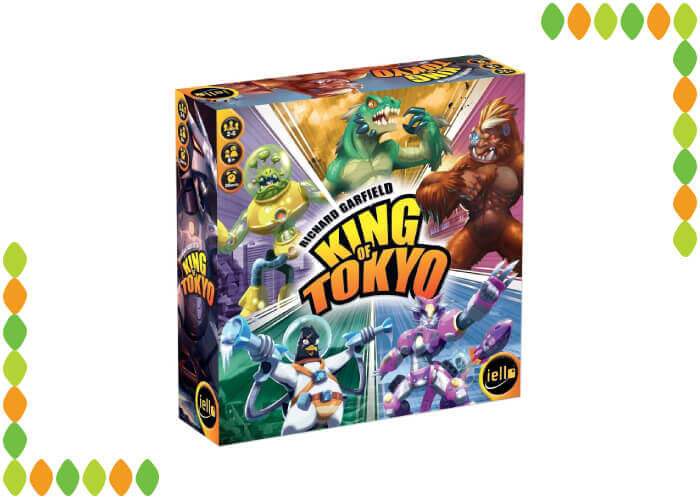
King of Tokyo may be the most literal form of the king of the hill in board games. In this game, players are various monsters, such as a huge kitten cyborg or a penguin from outer space, and fight with each other to become the king of Tokyo.
On their turns, players roll six custom dice up to three times and perform their actions with those dice. They can gain points, heal themselves, gain energy to buy special powers, and attack each other. To win the game, players must either reach 20 points or eliminate all other monsters.
There are two locations on the board, Tokyo City, and Tokyo Bay (which is used for 5 or 6 players). At all times during the game, one or two of the monsters must be in the city and/or the bay, with other monsters standing outside of the board. Players inside the game board are considered kings of the hill.
If a monster inside Tokyo performs an attack action, the targets are all monsters outside of Tokyo. This is a huge advantage, because you can literally kill multiple birds with one stone. But at the same time, monsters outside of Tokyo all direct their attacks to those inside, so you get hit by everyone. And because monsters inside Tokyo don’t have the chance to heal themselves, sometimes they are forced to leave Tokyo to survive, with the attacking monster replacing them.
Entering and staying in Tokyo has another benefit; any monster entering Tokyo gets one point. And every round they stay in Tokyo they get another two points. The trick of the game is knowing when to enter and exit Tokyo.
In conclusion, the main mechanic of King of Tokyo is king of the hill, which makes it an exciting and thrilling game for everyone.
4. Inis
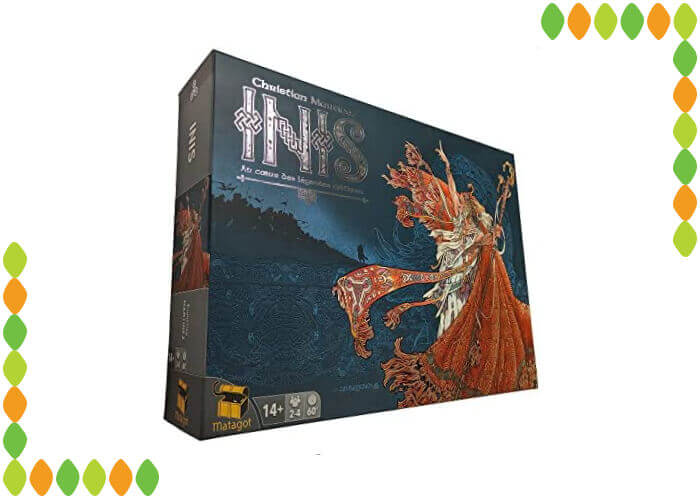
Inis is a fast-paced area control and card drafting game. It is set in ancient Ireland in a mythological Celtic world, and players compete to gain control of the land and become the next chieftain.
The game board is set up by combining different terrain tiles, which can be expanded throughout the game. Players have two phases each round, the card drafting phase, and the action phase. In the first phase, players draft a determined set of cards between them, which they will use for actions and combat. In the second phase, players play these cards one by one.
If at the end of a round, any player has met any one of the three victory conditions, they are declared the winner of the game. The starting player, also known as the Brenn, is one of the instances of king of the hill in Inis. At the beginning of the game, one of the tiles is randomly selected as the capital land. Whoever has the most units in that land shall become the Brenn for the next round.
Also, each terrain tile has a corresponding card in a deck called the advantage deck. These cards grant special actions and powers to their owners. But who gets to use these cards? Any player who has the most units in a certain tile gets to use its card and its advantage. This is the other more important aspect to the king of the hill in Inis.
5. Zeus on the Loose
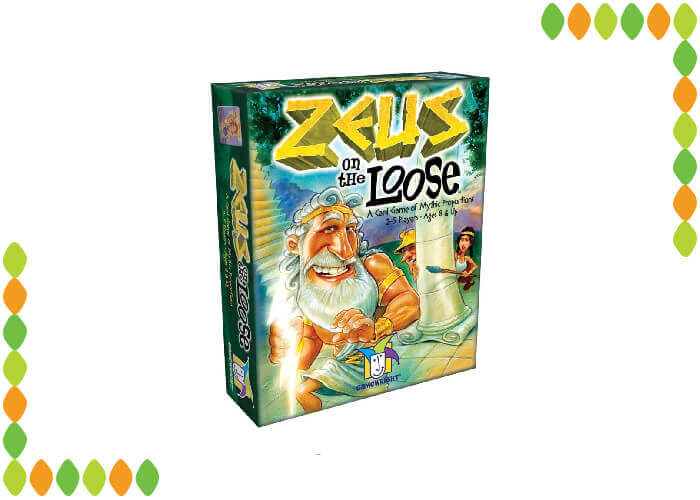
Zeus on the Loose is a small and fast-paced card game for two to five players. It doesn’t require major thinking and strategy, and it has a really fun king of the hill mechanic.
Zeus on the Loose contains a deck of cards made of number cards from one through ten, as well as special character cards, like Aphrodite and Apollo. It also has a small Zeus figurine, which is going to get thrown around a lot.
In this game, players play number cards by turn and add up their numbers one by one. This stack of cards is called Mt Olympus. Any player who plays a card that turns Mt Olympus into a multiple of ten, snatches the Zeus figurine. So, anytime Mt Olympus reaches 10, 20, 30, etc. the active player gets Zeus. Also, any player who plays an equal number to the last card played snatches Zeus. This can even happen if it’s not that player’s turn.
Players could also play character cards and use their abilities to manipulate Mt Olympus or steal Zeus. Whenever the sum of Mt Olympus reaches 100 or more, the player holding Zeus wins.
You can imagine how chaotic and thrilling Zeus on the Loose is, because everyone is always eyeing Zeus and looking for an opportunity to steal him before the game ends, which is normally sudden. This makes this game a worthy adaption of the king of the hill.
Final Thoughts
The king of the hill is a popular mechanic that instantly makes any game more exciting. We went over five of the best board games that use this mechanic in the best way. I’m sure there are many more board games using king of the hill that I haven’t included here. Let me know in the comments if you remember any good games you’d like to be added to this list.



